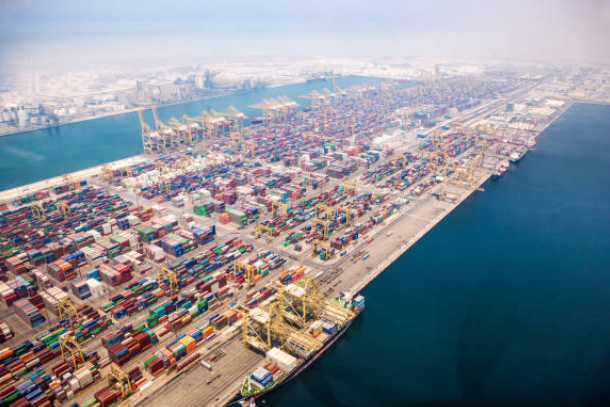
Posted on Monday, October 7, 2024
As Dubai continues to grow as a hub for construction and manufacturing, the demand for roll forming machines is on the rise. Whether you're a local contractor or an international supplier, understanding the process of importing roll forming machines into Dubai is crucial for successful business operations. This guide outlines the key steps and considerations involved in the importation process.
Before you begin the import process, it's essential to conduct thorough market research. Identify the types of roll forming machines that are in demand, including specifications and features that local manufacturers prefer. Common types include machines for producing roofing panels, metal studs, and other structural components.
Dubai has specific regulations governing the import of machinery. Familiarize yourself with the following:
Finding a reliable supplier is crucial to ensure you receive high-quality machines. Consider the following:
Once you have selected a supplier, you will need to coordinate shipping and logistics. Here are some important considerations:
When the roll forming machines arrive in Dubai, they will need to clear customs. This process involves:
After customs clearance, the machines will need to be transported to your facility. Consider the following for a smooth installation process:
Once your roll forming machines are operational, regular maintenance is essential for longevity.
Importing roll forming machines into Dubai can be a rewarding venture if approached with careful planning and attention to detail. By understanding the market, complying with regulations, and ensuring efficient logistics, you can successfully navigate the import process and capitalize on Dubai’s booming construction industry.

Used Purlin Roll Forming Machines for Sale Worldwide
Posted on Sunday, January 25, 2026
Pre-Owned Roll Forming Machines for Purlin & Structural Steel Profiles

Used Roof Panel Roll Forming Machines for Sale Worldwide
Posted on Sunday, January 25, 2026
Pre-Owned Roll Forming Machines for Roofing Panel Production

Used Roll Forming Machines for Sale Worldwide
Posted on Tuesday, January 20, 2026
Pre-Owned Roll Forming Machines with Inspection, Verification & Global Support

Steel Coil Supply for Roll Forming Machines Worldwide
Posted on Tuesday, January 20, 2026
Reliable Steel Coil Supply for Roll Forming, Fabrication & Manufacturing Applications
Copyright 2026 © Machine Matcher.